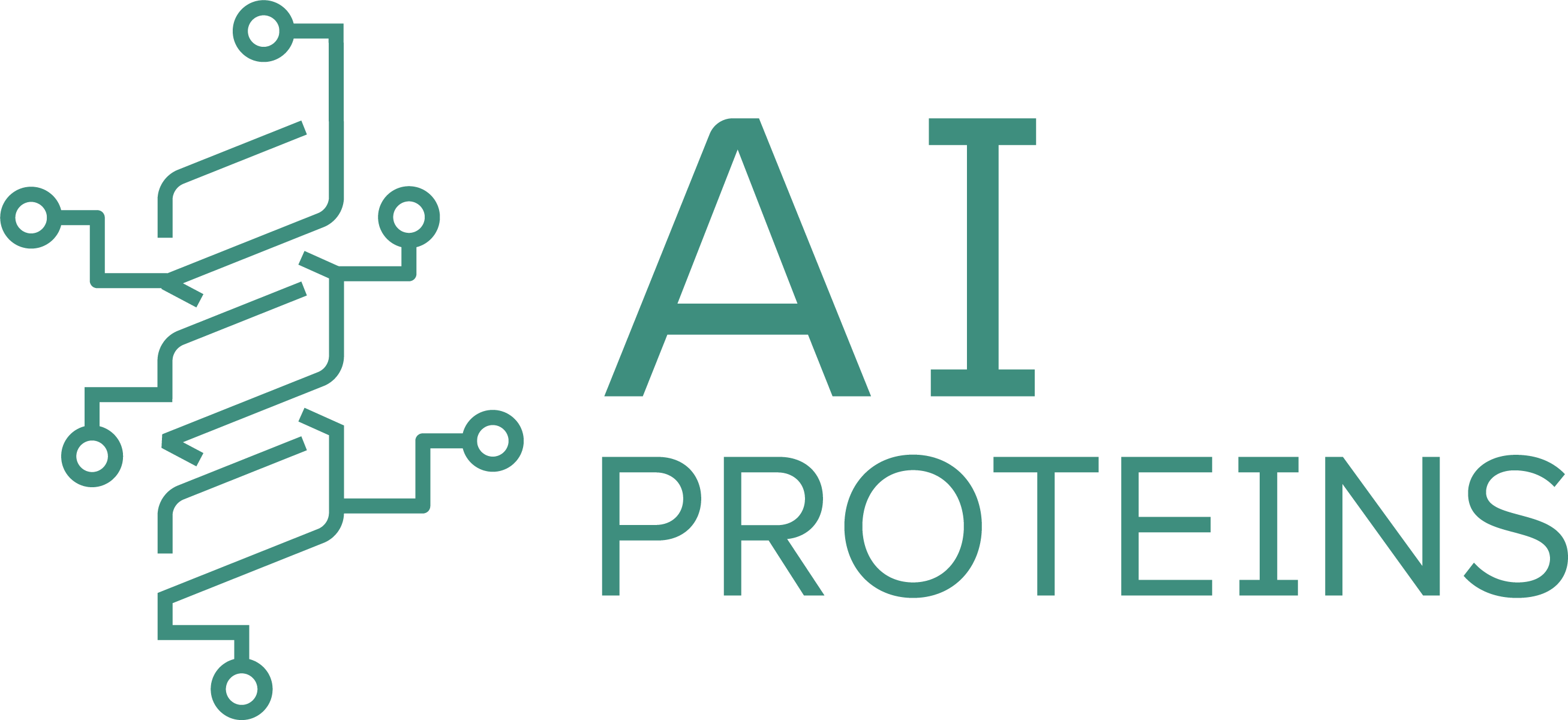Why This Synthetic Biology Stock Has Doubled Since IPO
Synthetic biology startups dig for gold. Twist Bioscience is selling them millions of tiny shovels.With the exception of salt, everything you have ever eaten was once alive. And with the exception of petroleum-based materials like polyester and nylon, your clothes are made of biology too. So it makes sense that innovations that make building with biology easier are bound to impact billions of lives every day.But very few of us realize it.That’s why I started covering biomanufacturing for Forbes. My passion is synthetic biology, a field focused on making biology easier to engineer. It’s enabling far-out products that benefit the whole world, and it’s about to revolutionize every industry you can imagine: health & medicine, chemicals & materials, food & beverage, fashion & performance wear, and more.Synthetic biology is taking off in large part because of the exponentially falling price of reading and writing DNA.You've probably heard of Moore's law, which says that the number of transistors on a microchip doubles about every two years. That phenomenon now lets us carry around tiny supercomputers (called smartphones) in our pockets. But have you heard of the Carlson curve? It’s synthetic biology’s version of Moore’s law. It shows below that the cost of reading DNA is already faster than Moore’s law, and writing is not too far behind.

As the cost of reading and writing DNA continues to fall, the number of synthetic biology companies each year continues to grow. In the last year, synthetic biology companies have raised $12.4B from forward-thinking investors who understand the disruptive nature of this industry.As this industry blooms, companies have popped up to provide much-needed support. Chief among these is Twist Bioscience, a San Francisco-based firm that is acting as an engine for the entire industry.Twist sells DNA. Its main products are custom DNA oligos, which are short, distinct snippets of genetic letters up to 300 A’s, C’s, T’s and G’s in length, that can be specified by a customer and shipped to their door via Fedex. These snippets of DNA have many different uses. Twist’s customers are using them to make cells capable of making new antibody drugs, concoct flavor compounds, and even screen for cancer.Whether you’re a startup or a Fortune 500 company, if you plan on digging for gold in the coming Synthetic Biology Gold Rush, then Twist wants to sell you millions of tiny picks and shovels.Twist went public on October 30, 2018, at $14 a share. Since then, it has doubled to $28 dollars a share. Twist Bioscience is just one of about 30 synthetic DNA companies in the world today selling these picks and shovels, and they’re one of the newest. Yet they are surfing the synthetic biology exponential like no one else. Why has its stock doubled?Twist has partnered with design and automation companies like TeselaGen, Arzeda, and Labcyte to create tools that can handle working with millions of designs. These tools range from software that automatically tracks complex laboratory experiments to robots that can perform those experiments inside drops of liquid smaller than the period at the end of this sentence.Doing synthetic biology well also requires testing many thousands of complex biological designs. Until recently, this meant creating thousands of DNA sequences with randomized parts and hoping for an optimal solution. New tools for computer-aided biological design now allow researchers to work with many thousands of designs in parallel. Twist directly enables this by offering DNA oligo pools, where customers can simultaneously order up to a million specific DNA sequences at once.While DNA oligos are often a means to an end — creating the new systems that ultimately create value — DNA oligos can have value in and of themselves through the storage of data. Twist is a pioneer in using DNA for long-term storage, which offers many benefits from a low maintenance cost to always being a relevant format for storage. This market is estimated to reach over $115 billion by 2025.To give you an idea just how fast things are changing, Twist agreed in 2017 to provide one billion bases of DNA to Ginkgo Bioworks to support their efforts to build novel micro-organisms. This one deal was the same as the size of the entire DNA market just two years prior.Synthetic biology is the core of the bioeconomy, which contributes hundreds of billions of dollars to the United States economy. By acting as an engine behind this economy, Twist touches every part and generates enormous value. It epitomizes how the ability to engineer biology is changing entire industries and people’s lives.Thank you to Calvin Schmidt for additional research and reporting in this post. Please note: am the founder of SynBioBeta, the innovation network for the synthetic biology industry. Some of the companies that I write about are sponsors of the SynBioBeta conference (click here for a full list of sponsors).
Follow me on Twitter. Check out my website or some of my other work here.
Originally published on Forbes https://www.forbes.com/sites/johncumbers/2019/09/23/why-this-synthetic-biology-stock-has-doubled/




.svg)








-min.png)


.gif)